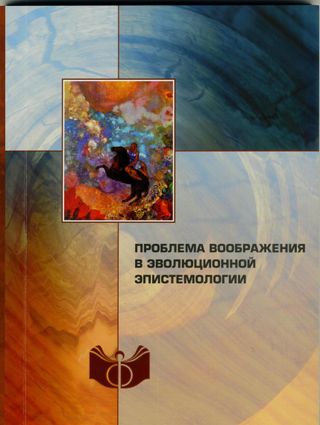?
Проблема воображения в эволюционной эпистемологии
Imagination as a problem of evolutionary epistemology is in the focus of attention of the authors of the book. Achievements of the modern cognitive science, life sciences, and neuroscience are involved in the analysis of this traditional epistemological problem, i.e. the problem is under discussion here in the interdisciplinary prospects. The ability of productive imagination is considered in the connection with the newest studies in creativity, the human creative capabilities. The consideration of imagination is placed in the context of the modern discussions of mental imagery, of perceptive thinking, of the role of visualization in mind's games, in the mental processes which take place in different states of consciousness. Imagination is studied in connection with the problems of individual, bodily and spiritual, cultural and social components of the cognitive processes.
